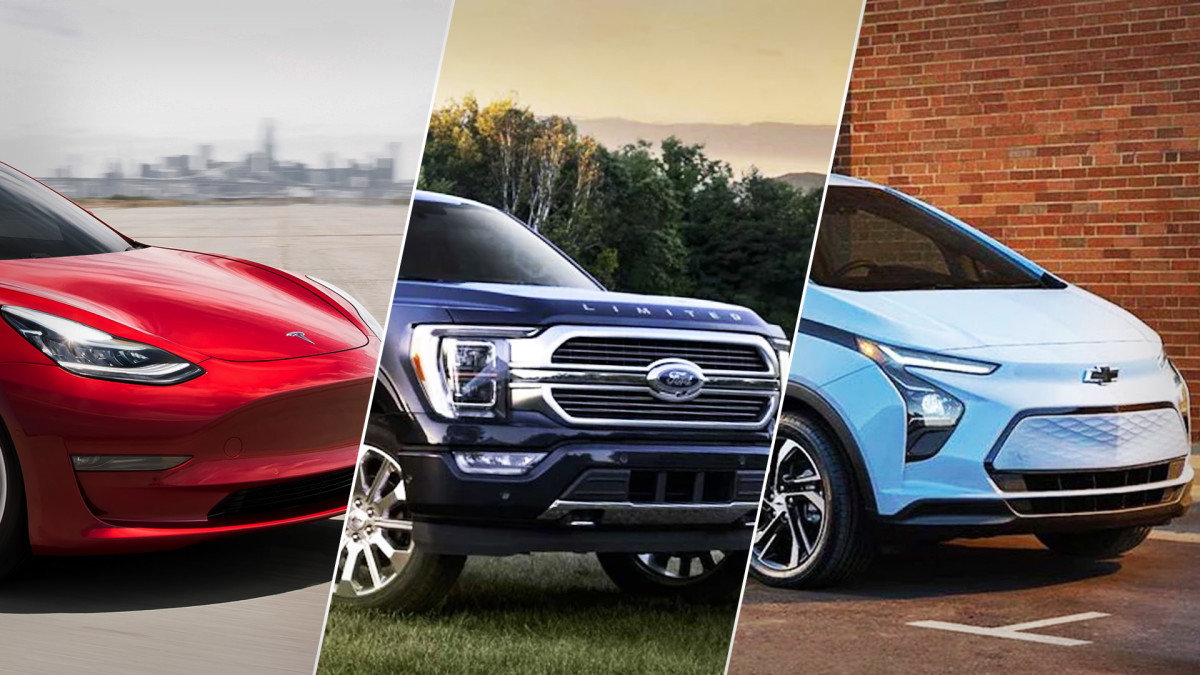
The promise of modern automobiles is not in torque or acceleration, but in computing power.
“We really designed the Model S to be a very sophisticated computer on wheels,” Tesla (TSLA) -) CEO Elon Musk said in 2015. “Tesla is a software company as much as it is a hardware company. A huge part of what Tesla is, is a Silicon Valley software company."
Related: Elon Musk says one of his ventures will reach a $1 trillion market cap by 2030
As artificial intelligence begins to bleed into new sectors, companies are scraping data more than they ever have before. As Quivr founder Joe Miller told TheStreet Sept. 2., allowing firms to scrape personal data has become the cost-of-admission for people looking to use just about every internet-based application.
But this mentality and approach go far beyond social media apps and Netflix — car companies are stealing your data, and in many cases, they are sharing and selling that data as well.
Modern cars have access to a wide variety of data tributaries, according to a Sept. 6 report from the Mozilla Foundation. Each of the 25 prominent car brands Mozilla researched "collects more personal data than necessary and uses that information for a reason other than to operate your vehicle and manage their relationship with you."
Cars can collect data from standard car use, any services connected to your car, the car's app (and therefore, just about any information on your phone) and other third-party sources, from Google Maps to Sirius XM.
More Elon Musk News:
- Elon Musk maintains a simple defense against alarming investigation into Tesla
- How Elon Musk Was Able to Exert Control in Ukraine War
- A prominent investor is concerned about one of Elon Musk's monopolies
"The gist is: they can collect super intimate information about you — from your medical information, your genetic information, to your 'sex life' (seriously), to how fast you drive, where you drive and what songs you play in your car — in huge quantities," the report reads.
The report said 19 of the 25 brands sell this personal data, and even more than that share this data with a variety of other businesses and companies.
Though Tesla states clearly that it won't sell or rent personal data, the company's privacy policy remains largely vague and confusing, a concern considering the number of cameras and sensors that come part and parcel with a Tesla. The electric vehicle manufacturers do, however, give drivers the ability to opt out of data-sharing, but the company makes it clear this isn't a good idea.
Turning off data sharing, Tesla says, "may result in your vehicle suffering from reduced functionality, serious damage, or inoperability."
Nissan (NSANY) -), however, is the worst car company (or perhaps the most honest) when it comes to privacy.
Nissan collects and shares "sensitive personal information, including driver’s license number, citizenship status, immigration status, race, national origin, religious or philosophical beliefs, sexual orientation, sexual activity, precise geolocation, health diagnosis data and genetic information," according to the company's privacy policy.
Even a passenger riding in a Nissan is subject to having their data collected.
The Mozilla Foundation spent 600 hours researching 25 car brands, including General Motors (GM) -), Mercedes-Benz (DDAIF) -), Ford (F) -) and BMW (BMWYY) -). While some brands (like Nissan) stood out as being especially bad with privacy, every single car the group researched was "bad."
"We can’t stress enough how bad and not normal this is for an entire product guide to earn warning labels," the report reads.
Get investment guidance from trusted portfolio managers without the management fees. Sign up for Action Alerts PLUS now.







